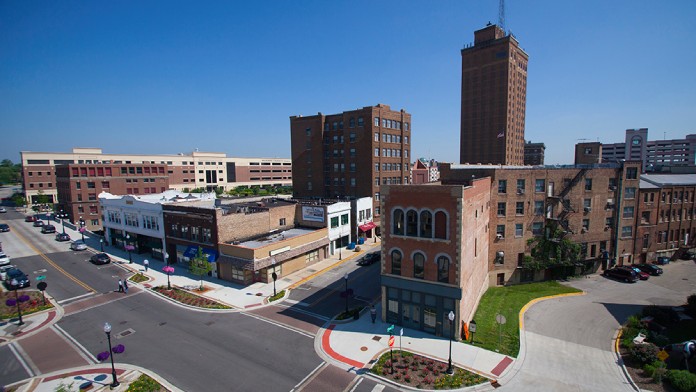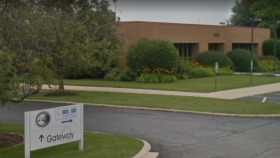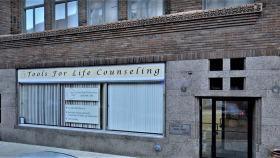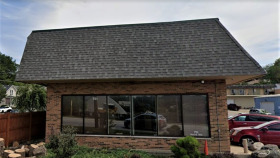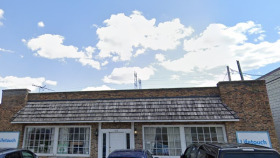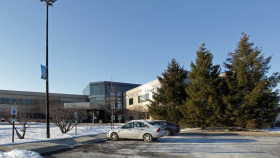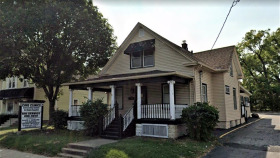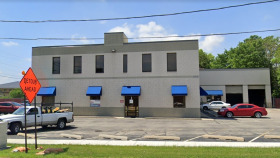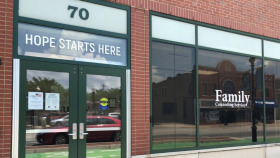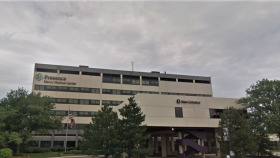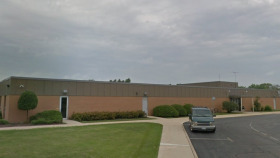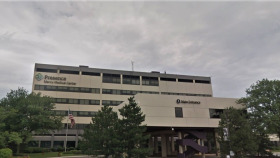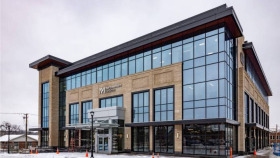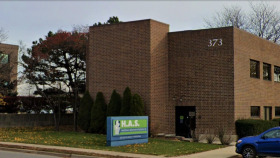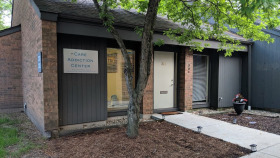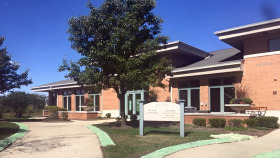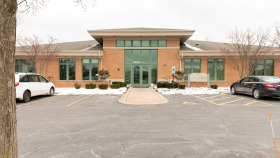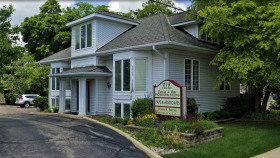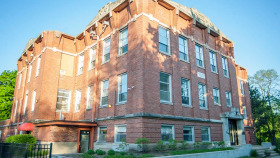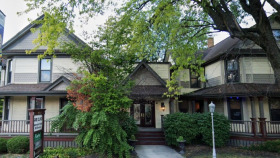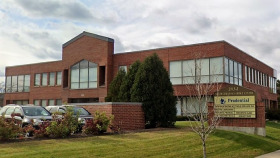Expert Insights
Like many cities, Aurora is experiencing a growing opioid epidemic. The city saw a 33% increase in opioid overdose deaths from 2019 to 2020. The rise in substance use among youth is of particular concern. We need more programs to prevent use and stop addiction before it starts. Programs like Aurora school district’s Wake Up Call. This free event in 2022 was targeted to teachers, parents, and grandparents who have teens in their lives. The presentation explored 50 red flags of drug abuse, offering personal stories and proactive strategies to keep kids from using drugs. Kudos to District 129 – let’s keep these efforts going.
~ Kerry Nenn
Cost of Drug Rehab in Aurora
Your costs for rehab will vary based on factors such as whether you have insurance, what type of care you need, and for how long.
Choosing residential drug rehabs in Aurora usually means paying more for care, depending on your access to insurance or low-cost programs. If you want to lower your costs, you can look for an outpatient program that offers daily or weekly treatment instead of 24/7 therapy.
Aurora, Illinois Drug and Alcohol Statistics
The city of Aurora rests in several counties, DuPage, Kane, Kendall, and Will. Here are some recent statistics regarding drug and alcohol use in these counties, according to the Center for Disease Control:1
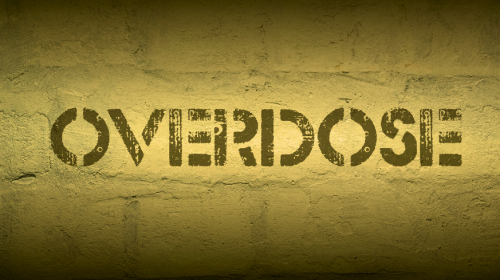
Between 2018 and 2020, the number of drug overdose deaths rose by 9.7%.

During the same time period, alcohol overdoses rose 33%.

Will County had the highest drug overdose rate of all the counties in 2018 at 91 per 100,000 citizens
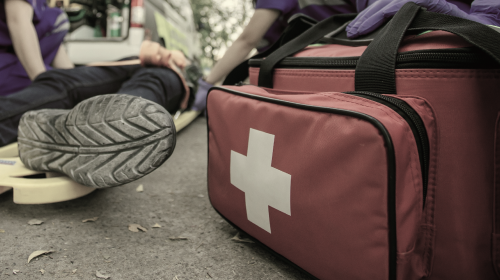
Kane County’s alcohol overdose deaths grew 40% to 24 people per 100,000 residents.
Drug and Alcohol Laws in Aurora, Illinois
There are a few different laws in Illinois to help deal with different aspects of the drug epidemic.
Employee Sick Leave Law: For people in the state that have a job with paid time off as a benefit, the sick leave law requires employers to allow those employees to use their PTO to care for a relative. This can mean a spouse, partner, parent, child, or another person that depends on you for care when they’re sick. Under this law, you could use your sick leave to help pay for your treatment or to take time off to take care of your home while your partner seeks rehab.
Involuntary Treatment Law: Illinois is one of the few states with laws allowing people to be forced into rehab, barring certain requirements.4 If a person over 18 is suffering from an alcohol use disorder or substance use disorder and poses a health threat to themselves or a threat to others, they can be committed by the courts.
Naloxone Access Order: The Naloxone Access Order is a statewide standing order that opens up access to Naloxone without a prescription for people that may encounter someone who needs overdose reversal medication.5 This includes overdose response organizations, emergency personnel, health service workers, and friends and family of people that use opiate medications or illicit drugs.
Illinois Good Samaritan Law: This law protects people from prosecution for carrying illegal drugs or paraphernalia if they reach out for emergency services to help with an overdose.5 Good Samaritan laws are designed to encourage people to call 911 when witnessing an overdose, even if they’re participating in illegal activity.
Illinois Public Act 100-0564: The Public Act requires opiate-prescribing doctors to register new prescriptions in a controlled substances database.5 This is to help prevent doctor shopping, acquiring multiple prescriptions for opiates from different doctors, and doctor hopping, which is visiting nearby localities to get another opiate prescription.
Resources
- Aurora, Illinois Population 2021 (Demographics, Maps, Graphs). (n.d.). Worldpopulationreview.com.
- Data and Reporting. (n.d.). Dph.illinois.gov.
- FindTreatment.gov. (n.d.). FindTreatment.gov.
- Center for Disease Control. (2022). CDC Wonder.
- Substance Abuse and Mental Health Services Administration. (2022). Treatment Locator Map.
- Illinois Department of Labor. (2022). Employee Sick Leave Act FAQs.
- Illinois General Assembly. (January 10, 2017). DHS – Involuntary Treatment.
- Illinois Department of Public Health. (2022). Opioid Overdose Response

